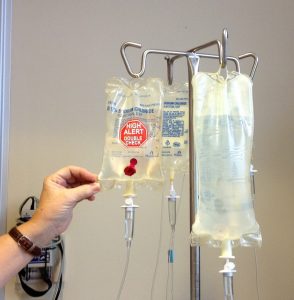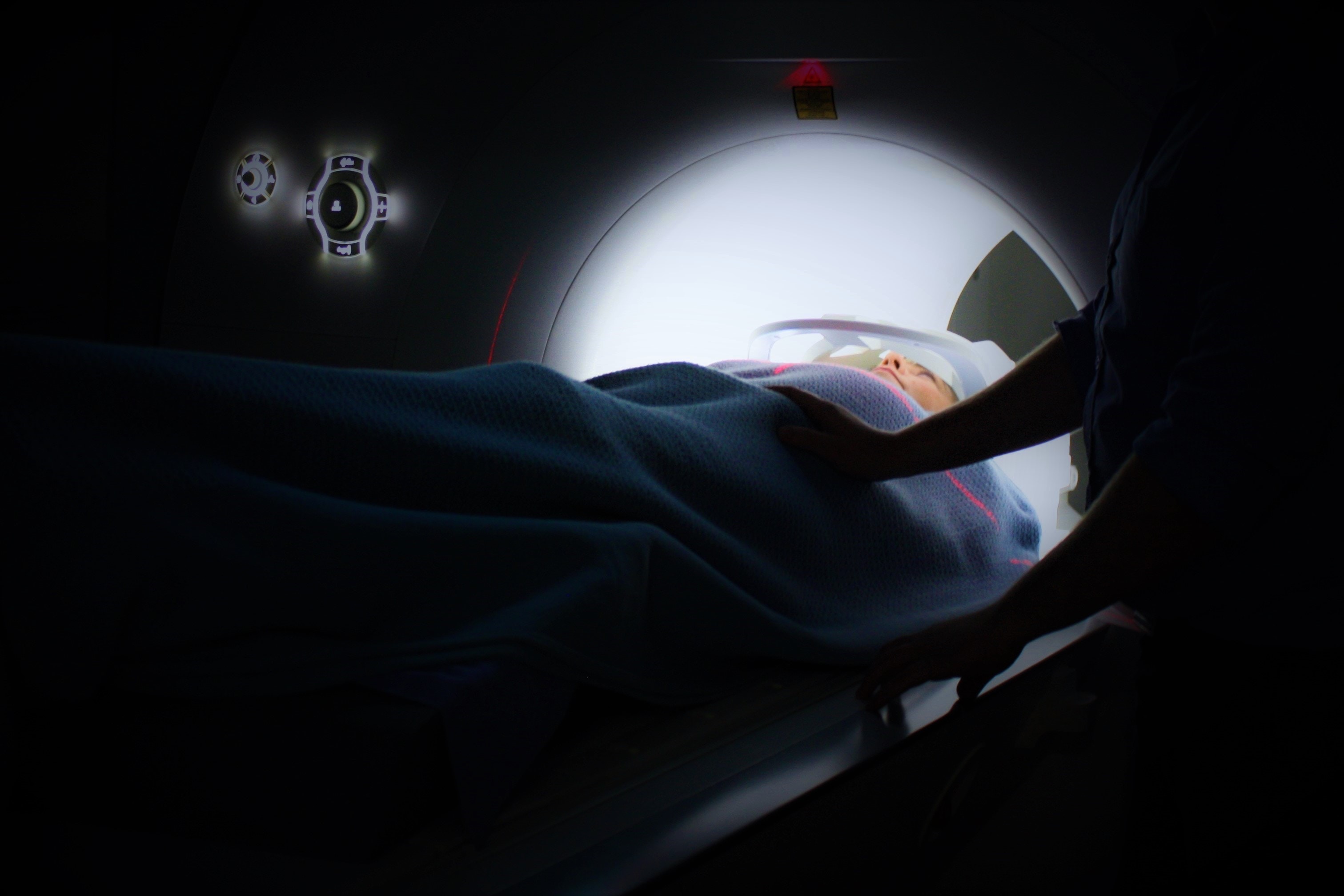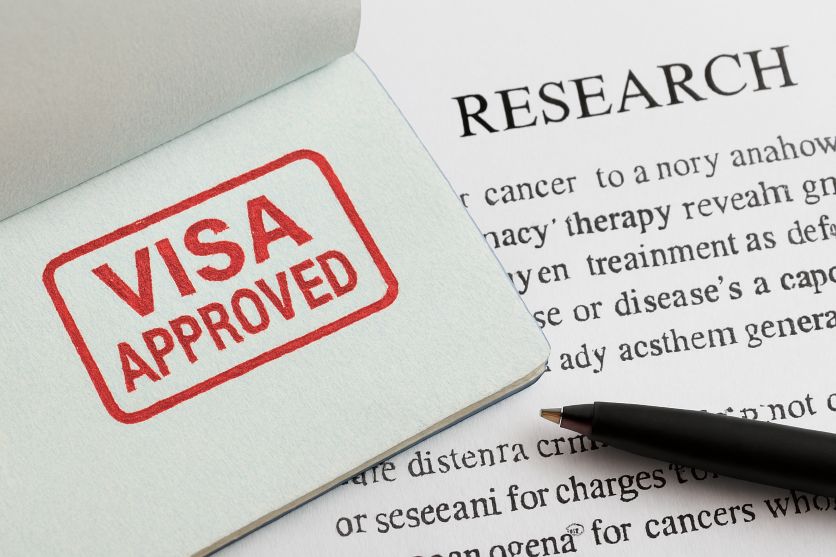Sound for Healing
By Arden Sammy |

Dorhymi’s sound healing collection offers a gentle approach to wellness that can be especially meaningful for individuals affected by cancer. While sound healing is not a medical treatment, it can support emotional well being, relaxation, and mental clarity during a time when stress and uncertainty are often present. Many people facing cancer seek supportive practices that help them feel calmer, more grounded, and emotionally supported alongside their clinical care.
Cancer affects not only the body but also the mind and emotional state. Long treatment schedules, physical discomfort, and emotional strain can take a toll on daily life. Complementary wellness practices that promote calm and balance may help individuals cope more effectively with these challenges.
The Emotional Weight of Cancer
A cancer diagnosis can bring fear, anxiety, and emotional exhaustion. Patients and caregivers alike often experience heightened stress, disrupted sleep, and difficulty finding moments of peace.
Emotional well being plays an important role in overall health. Practices that encourage relaxation and mindfulness can help individuals feel more present and supported. Emotional care is an essential part of the healing experience, even when the primary focus remains on medical treatment.
How Sound Supports Relaxation
Sound based wellness practices use tone, vibration, and rhythm to create calming sensory experiences. Instruments such as crystal singing bowls produce sustained sounds that many people associate with deep relaxation.
These sounds can help slow breathing, ease mental tension, and encourage a meditative state. For individuals living with cancer, even short periods of relaxation may offer relief from stress and mental fatigue. Sound sessions can become a quiet space to rest both body and mind.
Reducing Stress and Supporting Mental Strength
Chronic stress can affect mood, sleep, and overall quality of life. Cancer treatments themselves can add emotional pressure, making stress management especially important.
Relaxation practices such as sound meditation may help support mental strength and emotional resilience. When stress levels are lower, individuals may find it easier to manage daily routines, attend appointments, and maintain a sense of stability during treatment.
Supporting Rest and Sleep
Sleep challenges are common among people undergoing cancer treatment. Anxiety, discomfort, and changes in routine can interfere with rest.
Sound based relaxation before bedtime can help create a peaceful atmosphere that supports sleep. Gentle tones may help signal the body to relax, making it easier to unwind at the end of the day. Restful sleep supports energy levels, mood, and emotional balance.
Care for Caregivers
Cancer impacts families and caregivers as well. Providing ongoing support can be emotionally and physically demanding.
Wellness practices that include sound therapy can also benefit caregivers by offering moments of calm and self care. Supporting the caregiver helps strengthen the entire support system. When caregivers feel more balanced, they are better equipped to offer consistent and compassionate care.
Complementary, Not Curative
It is important to emphasize that sound healing does not cure cancer and should never replace professional medical treatment. Cancer care must always be guided by qualified healthcare providers.
Sound based wellness practices are best viewed as complementary tools. They may enhance comfort, relaxation, and emotional well being when used alongside medical care. This balanced approach respects both scientific treatment and holistic support.
Creating Gentle Moments of Peace
Sound wellness creates opportunities for stillness and reflection. These moments can help individuals reconnect with a sense of calm and inner strength during difficult times.
For many people affected by cancer, small moments of peace can make a meaningful difference. Sound sessions can become part of a personal routine that supports emotional health and overall quality of life.
A Supportive Path Forward
Health and cancer journeys are deeply personal and complex. While medical care addresses the physical aspects of disease, emotional and mental support remain vital.
By offering sound based wellness experiences, Dorhymi Group contributes to a broader vision of supportive care. Through relaxation, mindfulness, and gentle sensory engagement, sound can become a meaningful companion on the path toward resilience, comfort, and hope.




 Getting a cancer diagnosis can drastically change one’s life and of those close to them. What’s more is that cancer treatments can be costly and the expenses can immediately add up. However, if you have a health insurance plan, many of these expenditures are covered.
Getting a cancer diagnosis can drastically change one’s life and of those close to them. What’s more is that cancer treatments can be costly and the expenses can immediately add up. However, if you have a health insurance plan, many of these expenditures are covered. Medicare and Cancer Treatment Coverage
Medicare and Cancer Treatment Coverage Exipure is one weight loss product that is new in the market. It has quickly gained popularity as Exipure supplement review state that many of its users have achieved positive results even before they could consume one bottle. So, what makes this weight loss supplement effective? What is it made from and how does it work?
Exipure is one weight loss product that is new in the market. It has quickly gained popularity as Exipure supplement review state that many of its users have achieved positive results even before they could consume one bottle. So, what makes this weight loss supplement effective? What is it made from and how does it work?

 Just How Much Sleep Do I Need?
Just How Much Sleep Do I Need? In accordance with the Centers for Disease Control, colon cancer “is now the second top cancer cause of death in the USA.” It’s projected that more than 135,000 Americans will be diagnosed with colon cancer in 2017. Individuals over age 50 are undoubtedly the most frequent age group.
In accordance with the Centers for Disease Control, colon cancer “is now the second top cancer cause of death in the USA.” It’s projected that more than 135,000 Americans will be diagnosed with colon cancer in 2017. Individuals over age 50 are undoubtedly the most frequent age group.

 Oral cancer often develops quietly. Patients may not notice sores, lumps, or discoloration until the disease progresses. Dentists, however, see these signs during routine exams. Red or white patches, persistent sores, or unusual tissue changes in the mouth or throat can signal trouble. Because dentists examine patients regularly, they’re uniquely positioned to catch these warning signs early. For new practice owners, this responsibility underscores the need for thorough training and advanced diagnostic tools.
Oral cancer often develops quietly. Patients may not notice sores, lumps, or discoloration until the disease progresses. Dentists, however, see these signs during routine exams. Red or white patches, persistent sores, or unusual tissue changes in the mouth or throat can signal trouble. Because dentists examine patients regularly, they’re uniquely positioned to catch these warning signs early. For new practice owners, this responsibility underscores the need for thorough training and advanced diagnostic tools. Cancer and its treatments can weaken the body, causing fatigue, weakness, and loss of appetite. Many patients undergoing chemotherapy, radiation, or surgery struggle to stay strong and energized. Fortunately, steroids have been found to play a valuable role in helping cancer patients maintain their strength, combat fatigue, and regain their appetite.
Cancer and its treatments can weaken the body, causing fatigue, weakness, and loss of appetite. Many patients undergoing chemotherapy, radiation, or surgery struggle to stay strong and energized. Fortunately, steroids have been found to play a valuable role in helping cancer patients maintain their strength, combat fatigue, and regain their appetite.
 The Role of Antioxidants in Recovery
The Role of Antioxidants in Recovery Studies have shown that medicinal mushrooms also offer some cognitive effects. Their antioxidant properties protect the brain and might prevent decreased cognition in senior citizens. Moreover, they affect tumors and can boost the immune system. Hence, this is a good addition for cancer patients as it can be incorporated into their diet.
Studies have shown that medicinal mushrooms also offer some cognitive effects. Their antioxidant properties protect the brain and might prevent decreased cognition in senior citizens. Moreover, they affect tumors and can boost the immune system. Hence, this is a good addition for cancer patients as it can be incorporated into their diet.
 Some drugs or therapies can help treat underlying medical disorders causing sexual dysfunction.
Some drugs or therapies can help treat underlying medical disorders causing sexual dysfunction.






 Maintaining a healthy liver is crucial for overall well-being, as it is vital in detoxifying the body and aiding digestion. While genetics and medical conditions can influence liver health, lifestyle factors also have a significant impact. You need to read on Liv Pure real reviews from customers who improved their health and weight management. This article will explore the effects of smoking and substance abuse on liver health,
Maintaining a healthy liver is crucial for overall well-being, as it is vital in detoxifying the body and aiding digestion. While genetics and medical conditions can influence liver health, lifestyle factors also have a significant impact. You need to read on Liv Pure real reviews from customers who improved their health and weight management. This article will explore the effects of smoking and substance abuse on liver health,  There’s an increasing number of people reading Cortexi Reviews, as concerns over hearing impairment is also rising. Apparently, the positive reviews written about the ear-health
There’s an increasing number of people reading Cortexi Reviews, as concerns over hearing impairment is also rising. Apparently, the positive reviews written about the ear-health  Radiology expert Dr.Christopher Collins, Ph.D., who also teaches radiology at New York University, explains that 5G technology uses low level radiation or electromagnetic fields (EMF) emissions in transmitting waves of communication to cellphones, computers, Bluetooth, power lines and even to Microwave ovens. Low frequency, nonionizing EMF radiations do not affect human tissues that cause cancer the way the sun’s ionizing ultraviolet radiation does to the skin.
Radiology expert Dr.Christopher Collins, Ph.D., who also teaches radiology at New York University, explains that 5G technology uses low level radiation or electromagnetic fields (EMF) emissions in transmitting waves of communication to cellphones, computers, Bluetooth, power lines and even to Microwave ovens. Low frequency, nonionizing EMF radiations do not affect human tissues that cause cancer the way the sun’s ionizing ultraviolet radiation does to the skin.






